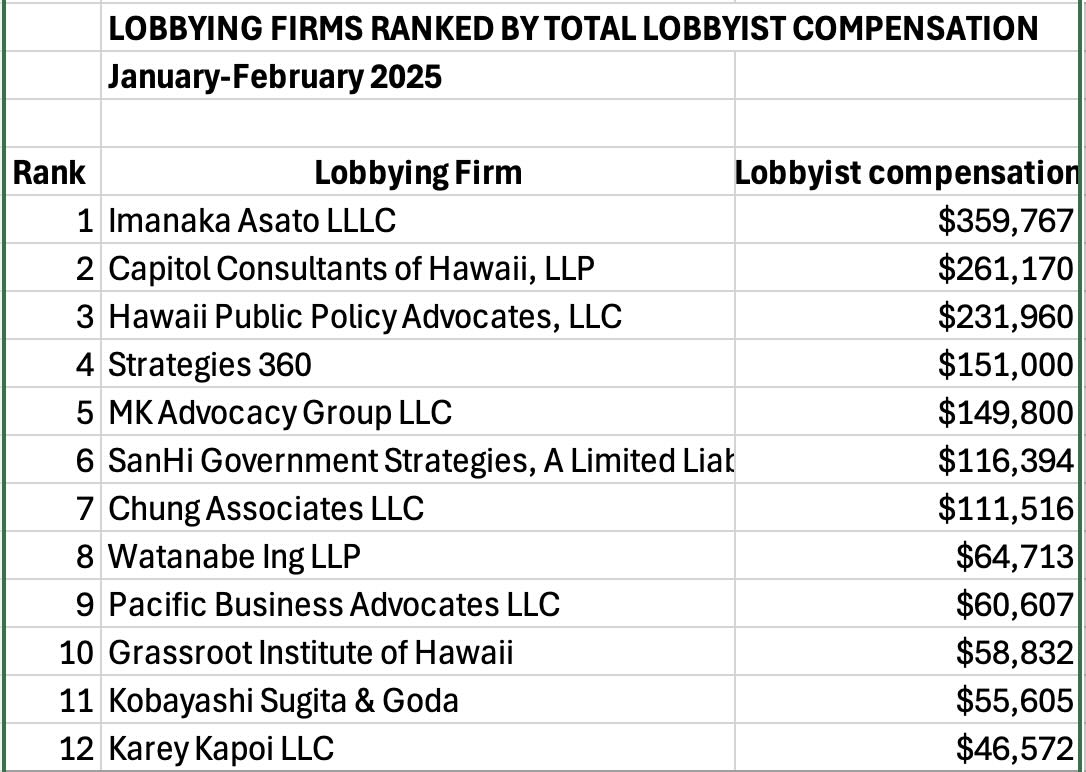As we were nearing the end of our week-long visit to Portland, Oregon, something brought Hawaii’s Office of the Ombudsman to mind. Back in the early 1990s when I was publishing a monthly newsletter about politics and money, and later while an investigative reporter for the Honolulu Star-Bulletin, I regularly browsed the Ombudsman’s annual reports for story ideas. It always included a table showing the number of complaints involving each along with the number and/or percent of sustained complaints, helping to zero in on those departments with the most problems.
But I got out of the habit of checking those annual reports a number of years ago, and realized that I haven’t seen or heard much of anything about the Ombudsman in a long time.
With time on my hands during the long travel day heading back to Honolulu, I took another look.
In case you’re not familiar with Hawaii’s Office of the Ombudsman, it is an independent legislative agency created to investigate complaints about executive branch departments and agencies. Hawaii was the first state in the country to establish an ombudsman via a bill passed by the Legislature in 1967. The first ombudsman, Herman Doi, was appointed two years later.
The kinds of things the ombudsman is able to investigate are defined by state law (Chapter 96 Hawaii Revised Statutes).
§96-8 Appropriate subjects for investigation. An appropriate subject for investigation is an administrative act of an agency which might be:
(1) Contrary to law;
(2) Unreasonable, unfair, oppressive, or unnecessarily discriminatory, even though in accordance with law;
(3) Based on a mistake of fact;
(4) Based on improper or irrelevant grounds;
(5) Unaccompanied by an adequate statement of reasons;
(6) Performed in an inefficient manner; or
(7) Otherwise erroneous.
The ombudsman may investigate to find an appropriate remedy. [L 1967, c 306, §9; HRS §96-8]
During this year’s legislative session, Ombudsman Robin Matsunaga submitted written testimony briefly describing the office and its mission.
The Office of the Ombudsman was created to investigate the administrative acts of state executive branch and county government agencies of the State of Hawaii. We learn of possible erroneous administrative actions and decisions primarily through complaints that are filed with our office by residents and visitors who are impacted by these agencies. We conduct our investigations independently and impartially, and not as an advocate of either the complainant or the agency. We do not have authority to overturn an agency’s decision or to compel an agency to take corrective action, but if we find that an agency has acted erroneously, unfairly, or unreasonably, we can make recommendations for corrective action to the agency. Although we do not substantiate every complaint that we investigate, by independently and impartially investigating, we level the playing field for citizens who have complaints about their government and ensure that they are being treated lawfully, fairly, and reasonably. We believe that in doing so, we improve the level of trust that citizens have in their government.
While most issues come as complaints or requests for information from the public, the ombudsman is also authorized to pursue investigations on its own initiative if the ombudsman “reasonably believes that an appropriate subject for investigation” exists.
My first stop was Newspapers.com, where I did a quick search of for Hawaii news stories containing the words “Ombudsman.” I went back a dozen years, and found almost nothing substantive about the office or any of its investigations. That confirmed my impression that the office has been essentially invisible for years, whether by design or not. It makes me wonder where people learn that the ombudsman’s office is a resource for their complaints about public employees or services.
Next: Comments on the most recent annual report


